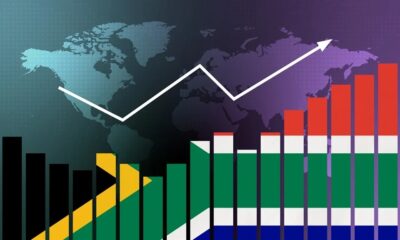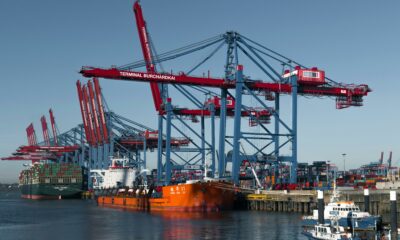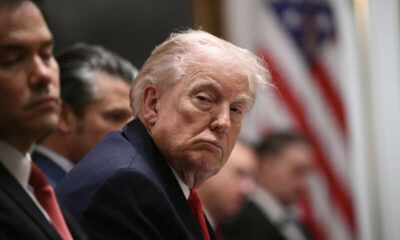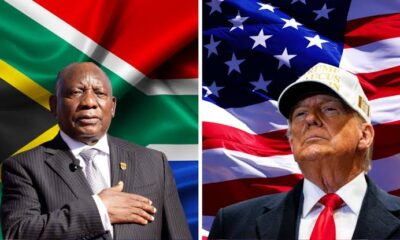News
AfriForum Backs US Sanctions Bill, but Who Really Pays the Price?
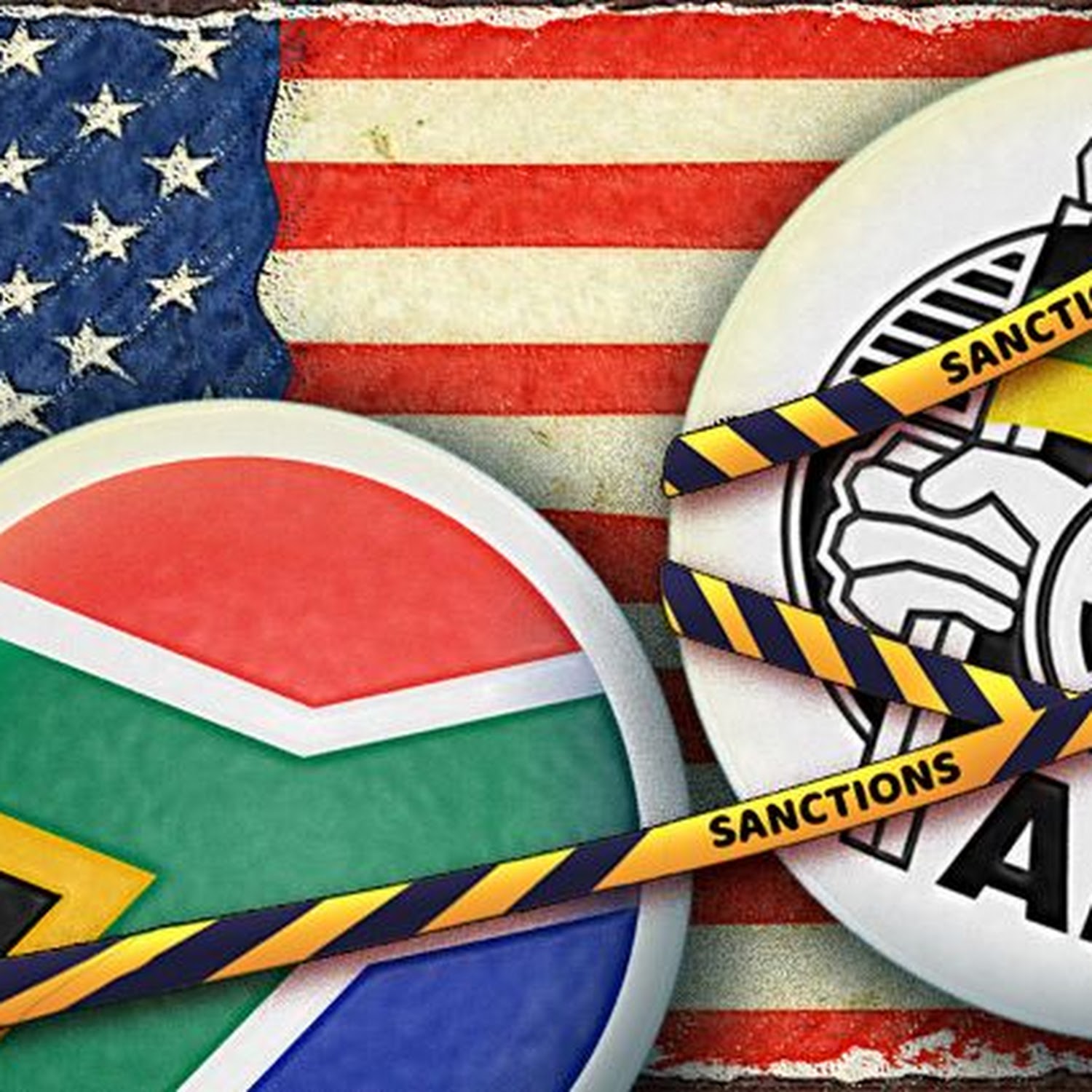
Targeting ANC Corruption or Risking Economic Fallout?
South Africa’s controversial ties with global powers like China, Russia, and Iran have triggered a fiery political debate across the Atlantic. A new US bill seeking to reassess its relationship with Pretoria is gaining ground in Washington and it has unexpected support from a local civil rights group, AfriForum.
While the bill’s potential economic consequences have raised serious concern, AfriForum insists it’s only campaigning for targeted sanctions and not economic punishment of the broader population. The group says the real blame lies squarely with the African National Congress (ANC) government.
What’s in the US-South Africa Sanctions Bill?
Dubbed the US-South Africa Bilateral Relations Review Act of 2025, the bill was introduced in April by Texas Congressman Ronny Jackson. It’s now made it past the US House Foreign Affairs Committee and heads to the full House for a vote, before landing in the Senate. If it clears both chambers, it could become law with President Donald Trump’s signature.
Jackson’s bill accuses South Africa of turning its back on US interests in favour of aligning with “communists and terrorists” namely China, Russia, and Iran. It calls for a sweeping review of all bilateral relations and, more controversially, suggests sanctioning South African officials allegedly tied to corruption or support for America’s geopolitical rivals.
AfriForum: “We Warned You”
AfriForum’s Ernst van Zyl didn’t mince words during a recent interview with Newzroom Afrika. He dismissed concerns that sanctions targeting corrupt officials would wreck the economy.
“I can’t see how punishing corrupt politicians will hurt the average South African,” Van Zyl said. “If the economy suffers, the ANC must explain why corruption was allowed to flourish for so long.”
He argued that South Africa’s foreign policy choices, particularly its coziness with autocratic regimes, have provoked this backlash. “You reap what you sow,” Van Zyl added. “AfriForum cannot be blamed for the fallout.”
The group also claims to have written to President Cyril Ramaphosa multiple times urging a local solution to governance failures, but says those calls were ignored.
America’s Message: “Pick a Side”
Jackson’s comments on social media echoed Trump-era bluntness.
“South Africa made its choice when they abandoned America… The days of allowing our so-called ‘allies’ to walk all over us are over.”
This sharp rhetoric signals Washington’s dwindling patience. Under Trump’s second term, US foreign policy has taken a more transactional turn, especially with African countries seen to be drifting toward America’s adversaries.
Social Media Split: Patriots or Provocateurs?
Online reaction in South Africa has been heated. Some users on X (formerly Twitter) hailed the bill as long overdue accountability for ANC elites. Others accused AfriForum of stoking international tensions that could hurt ordinary citizens and undermine foreign investment.
“AfriForum doesn’t speak for us,” one post read. “They’re playing with fire to score political points.”
“Finally someone in the West is calling out ANC corruption,” said another. “This could bring real change.”
What’s at Stake for South Africans?
While the bill claims to target individuals, its broader consequences could be severe. If diplomatic tensions escalate or trade relations sour, ordinary South Africans already grappling with inflation, unemployment, and power cuts — may feel the pressure in the form of slowed investment, sanctions spillover, or even visa restrictions.
South Africa’s $21 billion trade relationship with the US includes AGOA benefits, export privileges, and critical imports. Any formal cooling of ties could carry ripple effects beyond just politics.
The Bigger Picture: Is This the Beginning of a Diplomatic Divorce?
AfriForum might claim the moral high ground by demanding accountability, but critics warn that aligning with a partisan US bill, especially during a volatile global moment, could push South Africa further into the arms of China and Russia.
Whether the bill becomes law or not, it signals a deepening rift between Washington and Pretoria, one that may force South Africa to clarify where it stands and at what cost.
As the political chess game unfolds, one question remains: Will punishing the corrupt fix the country or fracture it further?
{Source: IOL}
Follow Joburg ETC on Facebook, Twitter , TikTok and Instagram
For more News in Johannesburg, visit joburgetc.com

